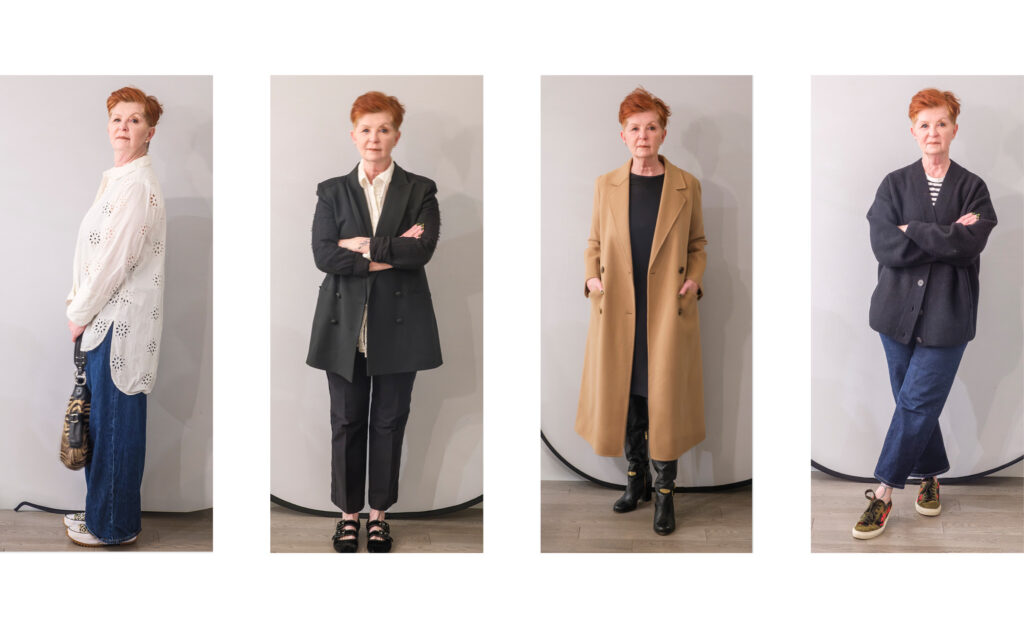– by Barry Mathias –
People who move to islands do so for a variety of reasons, but two in particular: those who want to make an economic killing, or those who want to belong and contribute to a small community. The first become rapidly disenchanted, like those who think it might be fun to swim in the local waters: their ambitions tend to shrivel. However, those who stay will tell you they are living in the best place in the world, and their island is, unquestionably, better than any other.
Islanders are rich in character and individuality. Not for them the smart suits and exotic coffees as they rush to work in the big city; not for them the stomach-churning time constraints, the traffic jams and the parking metres. Islanders are more likely to consult a Reiki therapist than a phychiatrist, and buy food from someone they know, rather than visit a box company because the processed food is cheaper. It’s all to do with lifestyle.
In the summer the Islands double their populations with visitors, some of whom want to cycle, walk or kayak. These athletic folk are either experienced in their sporting endeavors: thinking nothing of vertical hills, life-threatening roads and uncertain seas; or wannabes who, in spite of expensive spandex, collapse off their bicycles on the first hill, get lost along marked paths or capsize on their initial paddling foray, never getting past the marina. For the latter, islands can also offer less arduous and bone-chilling experiences.
One of the great attractions is the farm stand. These are not always situated outside farms, but can be the optimistic displays of fanatical chutney creators, succulent-fruit jammers and green-thumbed flower growers. Eggs are always a great favourite: giving new meaning to the words “large” and “fresh.” On the farm stands, the profusion of vegetables is so appealing that one’s self-control is severely tested and one buys more seductive lettuces, tempting carrots, shameless cauliflowers and ravishing radishes than one can devour in a month.
Then, there is the question of payment. The whole concept of paying for something without it having to be electronically recorded, and without someone checking the payment is, for some urbanites, a strange and morality-testing occasion. The cost is $5.50 and one only has a $5 note and a loonie … so? Mostly, there are ingenious bank-robber-defying contraptions in which one can place the correct cash, but also a few stands that allow one to open a box and take the correct change. Sadly, there are not as many of these as there used to be.
Museums are another popular item on the visitor’s list, especially when it’s pouring with rain, when one has exhausted every shop and gallery, and when one is frantic to get one’s children’s faces away from their gizmos. It’s amazing to encounter the powerful array of farming and household implements that the early settlers used, and the faded photographs of people whose lives were so different. The well-kept secret is, however, that museums only open on sunny days!
Summer visitors, on their way back to Victoria, have one last, fleeting enjoyment … the ferry trip home has already been paid for!




